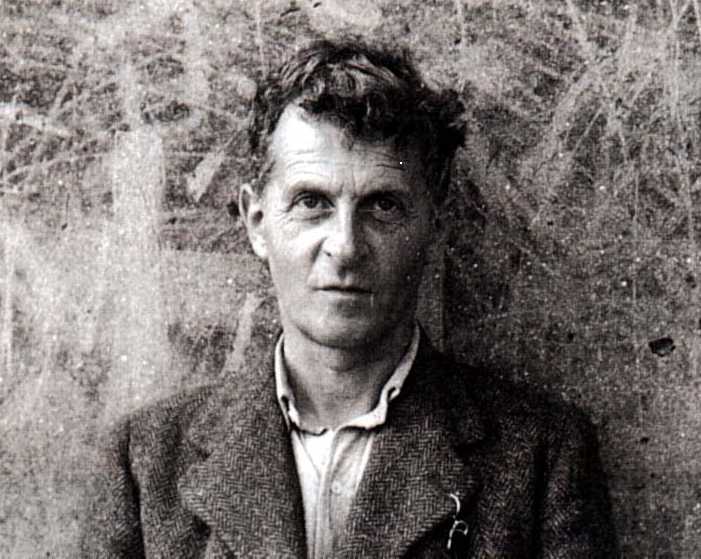I’m perplexed by Freeman Dyson’s carefree (careless?) views about environmentalism. I know Earth must ultimately be disposable, but we needn’t hurry the process. But I love reading his essays in the New York Review of Books. From his latest piece, a consideration of Jim Holt’s new volume about modern philosophers, a history of his perplexing relationship with Ludwig Wittgenstein, first as reader, then as student:
“Wittgenstein, unlike Heidegger, did not establish an ism. He wrote very little, and everything that he wrote was simple and clear. The only book that he published during his lifetime was Tractatus Logico-Philosophicus, written in Vienna in 1918 and published in England with a long introduction by Bertrand Russell in 1922. It fills less than two hundred small pages, even though the original German and the English translation are printed side by side. I was lucky to be given a copy of the Tractatus as a prize when I was in high school. I read it through in one night, in an ecstasy of adolescent enthusiasm. Most of it is about mathematical logic. Only the last five pages deal with human problems. The text is divided into numbered sections, each consisting of one or two sentences. For example, section 6.521 says: ‘The solution of the problem of life is seen in the vanishing of this problem. Is not this the reason why men, to whom after long doubting the sense of life became clear, could not then say wherein this sense consisted?’ The most famous sentence in the book is the final section 7: ‘Wherof one cannot speak, thereof one must be silent.’
I found the book enlightening and liberating. It said that philosophy is simple and has limited scope. Philosophy is concerned with logic and the correct use of language. All speculations outside this limited area are mysticism. Section 6.522 says: ‘There is indeed the inexpressible. This shows itself. It is the mystical.’ Since the mystical is inexpressible, there is nothing more to be said. Holt summarizes the difference between Heidegger and Wittgenstein in nine words: ‘Wittgenstein was brave and ascetic, Heidegger treacherous and vain.’ These words apply equally to their characters as human beings and to their intellectual output.
Wittgenstein’s intellectual asceticism had a great influence on the philosophers of the English-speaking world. It narrowed the scope of philosophy by excluding ethics and aesthetics. At the same time, his personal asceticism enhanced his credibility. During World War II, he wanted to serve his adopted country in a practical way. Being too old for military service, he took a leave of absence from his academic position in Cambridge and served in a menial job, as a hospital orderly taking care of patients. When I arrived at Cambridge University in 1946, Wittgenstein had just returned from his six years of duty at the hospital. I held him in the highest respect and was delighted to find him living in a room above mine on the same staircase. I frequently met him walking up or down the stairs, but I was too shy to start a conversation. Several times I heard him muttering to himself: ‘I get stupider and stupider every day.’
Finally, toward the end of my time in Cambridge, I ventured to speak to him. I told him I had enjoyed reading the Tractatus, and I asked him whether he still held the same views that he had expressed twenty-eight years earlier. He remained silent for a long time and then said, ‘Which newspaper do you represent?’ I told him I was a student and not a journalist, but he never answered my question.
Wittgenstein’s response to me was humiliating, and his response to female students who tried to attend his lectures was even worse. If a woman appeared in the audience, he would remain standing silent until she left the room. I decided that he was a charlatan using outrageous behavior to attract attention. I hated him for his rudeness. Fifty years later, walking through a churchyard on the outskirts of Cambridge on a sunny morning in winter, I came by chance upon his tombstone, a massive block of stone lightly covered with fresh snow. On the stone was written the single word, ‘WITTGENSTEIN.’ To my surprise, I found that the old hatred was gone, replaced by a deeper understanding. He was at peace, and I was at peace too, in the white silence. He was no longer an ill-tempered charlatan. He was a tortured soul, the last survivor of a family with a tragic history, living a lonely life among strangers, trying until the end to express the inexpressible.”
Tags: Freeman Dyson, Ludwig Wittgenstein

